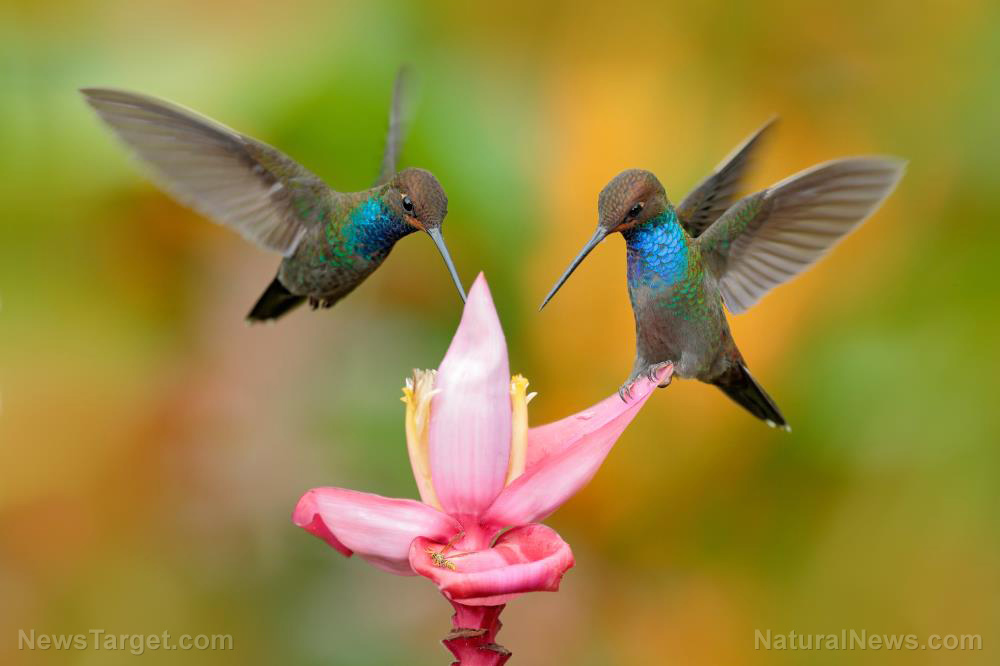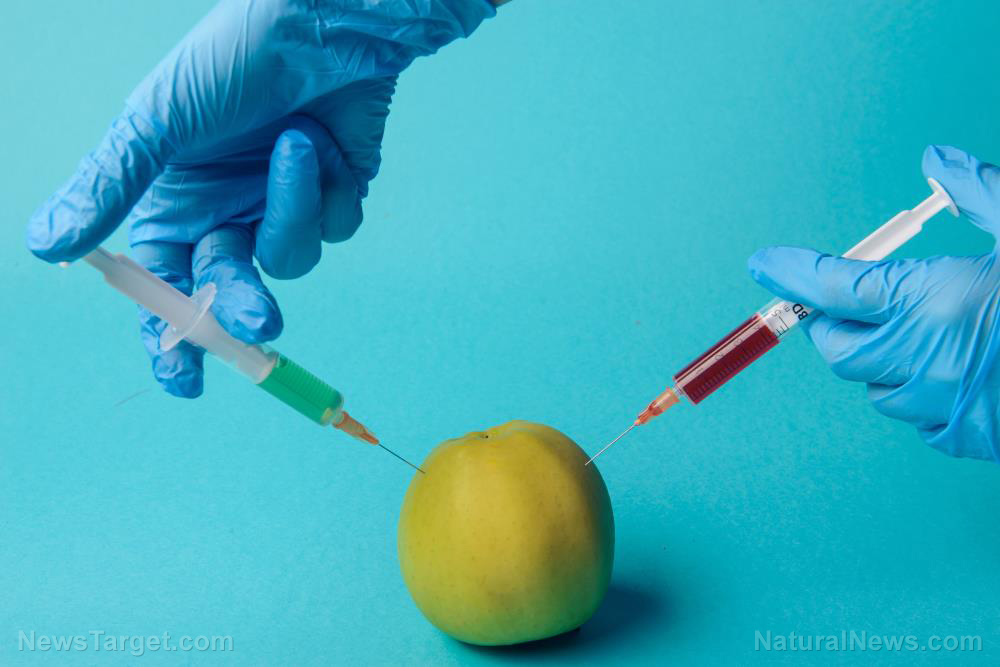
By now, most of us are aware of the worldwide crisis referred to as bee colony collapse (BCC), and the fact that honeybees – which are responsible for more pollination than any other species – are being wiped out on a massive scale. Several factors are responsible for this collapse, but experts agree that the two most prominent causes are habitat loss and the use of pesticides, particularly neonicotinoids like acetamiprid, clothianidin, imidacloprid, nitenpyram, nithiazine, thiacloprid and thiamethoxam.
But it’s not just bees that are being affected by neonicotinoids (also known as neonics). A study recently published in the journal Environmental Toxicology & Chemistry has confirmed that both hummingbirds and bumble bees – also important pollinators – are being exposed to neonics and other pesticides and are also in danger. (Related: GMO cornfield treated with neonicotinoids kills 37 million honeybees.)
Bumble bees and hummingbirds now also under threat
To determine the effects of neonics and organophosphates (another class of pesticides) on avian pollinators like bumble bees and hummingbirds, investigators obtained fecal pellets and cloacal fluid from hummingbirds that make their home near blueberry fields in British Columbia, Canada. They also collected bumble bees, pollen, blueberry leaves and flowers from both conventional and organic blueberry farms in the area.
Science Daily reported:
The researchers detected pesticides and related compounds in cloacal fluid and fecal pellets of hummingbirds revealing for the first time that hummingbirds are exposed to and accumulate pesticide exposures of multiple types. In addition, bumble bees, their pollen, and blueberry flowers contained pesticides, with the highest concentration of the insecticide imidacloprid in pollen from organic farms.
"Hummingbirds and bumble bees are important pollinators of wild and agricultural plants and they survive each day on a razor's edge due to their high energy needs," explained the study’s lead author, Dr. Christine Bishop, of Environment and Climate Change Canada. "Pesticide exposure in these animals may have impacts on their health and the ecosystem services they provide to humans and wildlife." (Related: The story of honeybees and their importance in sustaining life.)
With honeybees already under serious threat, the fact that bumble bees and hummingbirds are also showing evidence of pesticide poisoning is very serious and raises the question of whether other pollinators are also being affected. If something is not done soon we could be facing a serious food production crisis in the very near future.
Learn more about the crisis facing bees, bats, birds and other pollinators at Collapse.news.
Sources for this article include:
Please contact us for more information.























